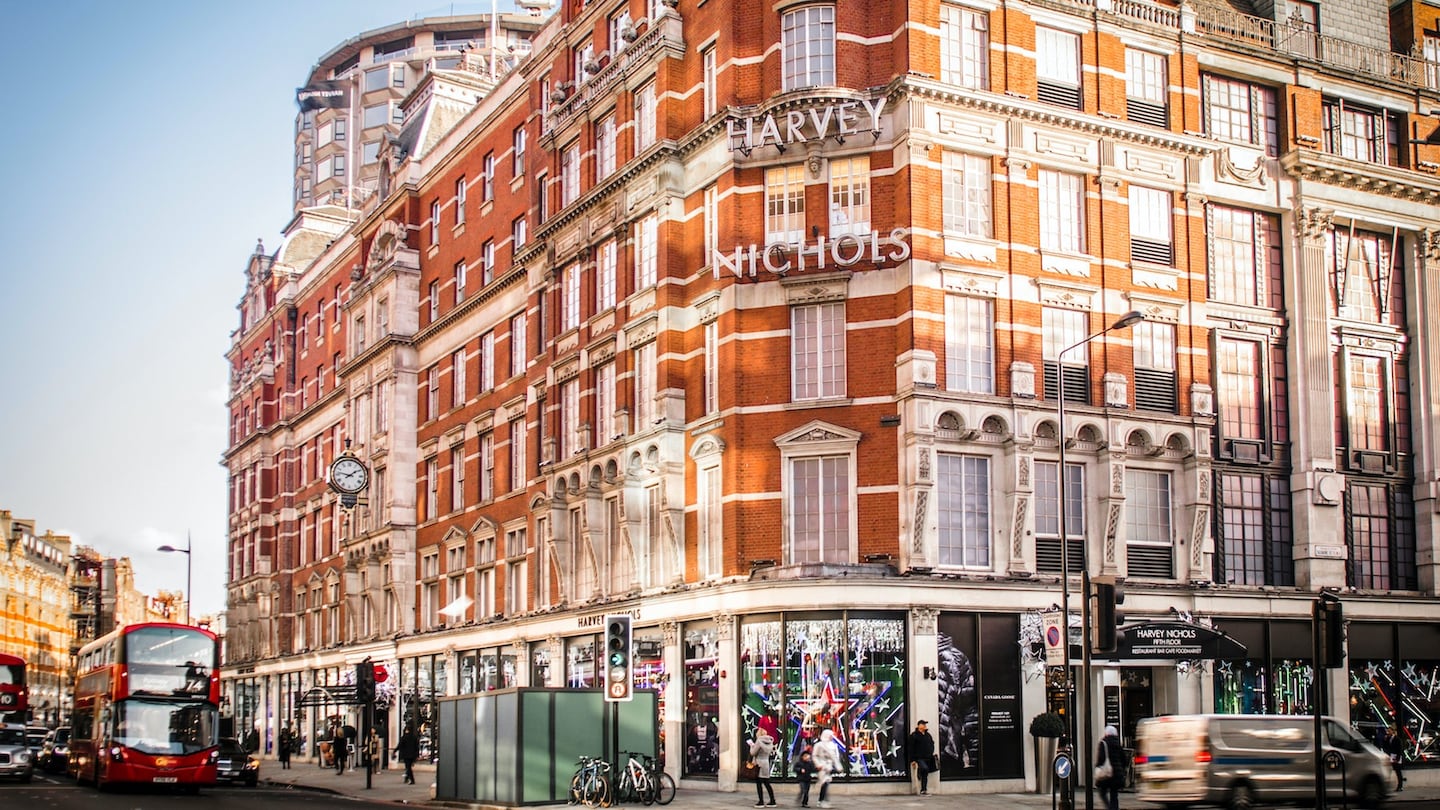
The Business of Fashion
Agenda-setting intelligence, analysis and advice for the global fashion community.

Agenda-setting intelligence, analysis and advice for the global fashion community.

LONDON, United Kingdom — High-end British department store Harvey Nichols will team up with online fashion retailer Farfetch to sell accessories and clothes through the platform as it looks to boost web sales, the companies said on Monday.
Farfetch, tipped to be seeking a US stock market listing later this year, has notched up several new partnerships with luxury brands in recent months, including a deal giving its shoppers access to all of Burberry's inventory.
It is also working with fashion houses on technology for use in bricks-and-mortar stores, and this deal marks its first tie-up with a department store, although it already works with a network of 800 boutiques and brands worldwide.
Founded in 1831, Harvey Nichols sells luxury wares from cosmetics and fashion brands to food and wine.
ADVERTISEMENT
It is best known for its red brick flagship store in London's high-end shopping district of Knightsbrige, but has outlets across the United Kingdom as well as seven international stores, including in Riyadh and Ankara.
The department store branched into e-commerce in 2010 and about 10 percent of its sales are now done on the web. It aims to reach more customers online with the Farfetch deal, through which it will offer a selection of items.
The companies also said in a statement they would "explore additional retail and technology initiatives" in the United Kingdom.
London-based Farfetch is working with French fashion house Chanel, for instance, on store technology that will give customers ways of signalling their preferences or sizes through an app, or of chatting virtually with shop assistants.
Unlike some online retailers, Farfetch does not stock inventory, instead connecting shoppers with items sold by boutiques or brands.
The company, under siege from Arkhouse Management Co. and Brigade Capital Management, doesn’t need the activists when it can be its own, writes Andrea Felsted.
As the German sportswear giant taps surging demand for its Samba and Gazelle sneakers, it’s also taking steps to spread its bets ahead of peak interest.
A profitable, multi-trillion dollar fashion industry populated with brands that generate minimal economic and environmental waste is within our reach, argues Lawrence Lenihan.
RFID technology has made self-checkout far more efficient than traditional scanning kiosks at retailers like Zara and Uniqlo, but the industry at large hesitates to fully embrace the innovation over concerns of theft and customer engagement.